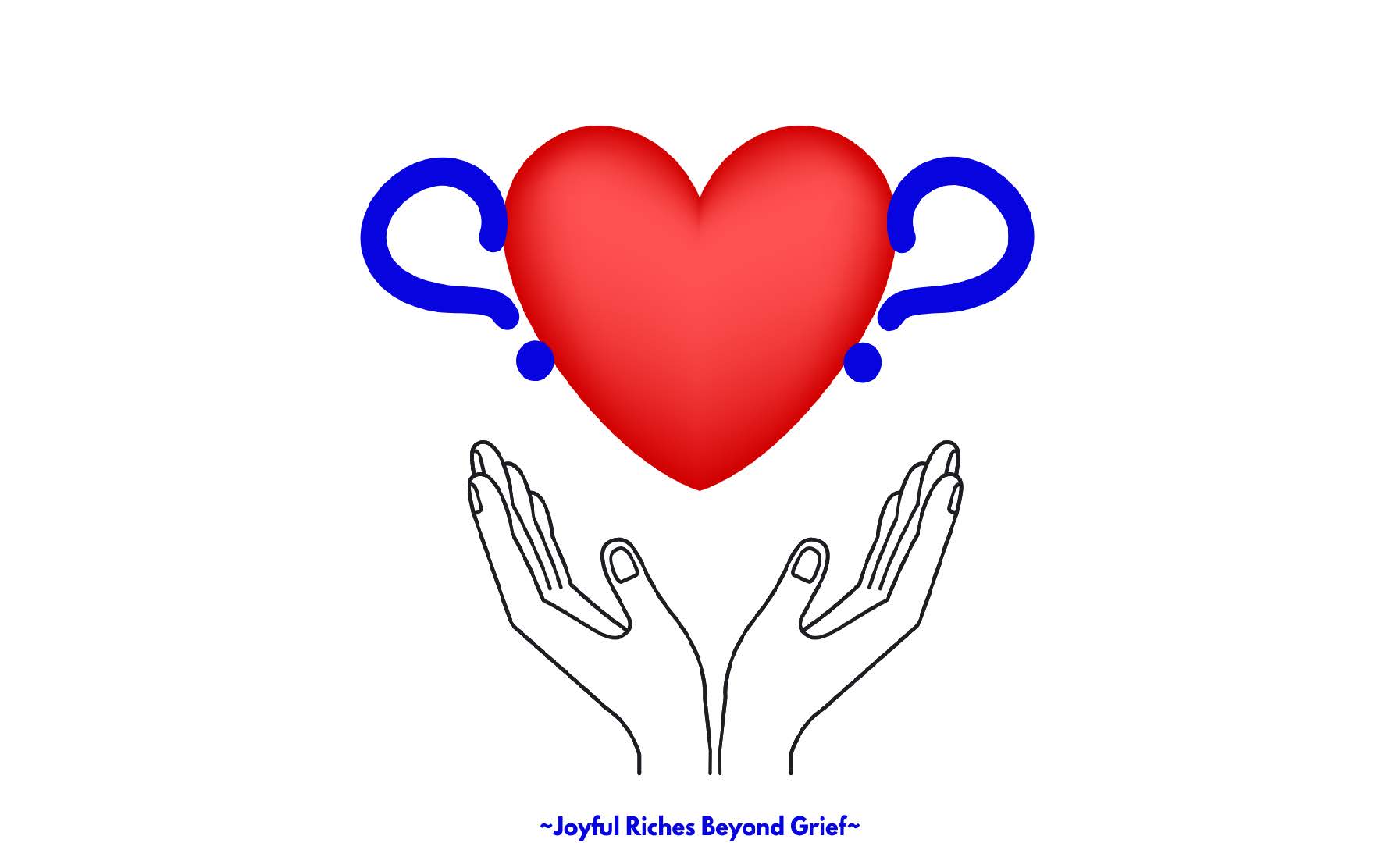
When Someone You Know is Grieving: The Do's and Don'ts for Veterinarians

Studies show that 10 to 25 % of pet parents will not return to the same clinic after euthanasia because it is emotionally too painful. We are in a profession where we have the gift of being able to cease the suffering of animals. However, for our practice to thrive, we also want to be mindful of the human wellbeing.
Unfortunately, even in specialties where we encounter grief regularly, such as oncology, cardiology, and internal medicine, we are not taught how to navigate grief in our clients when they need it most. For many of us, it can be an uncomfortable, awkward moment when we speak with someone who recently experienced a loss, whether a client or a team member. Additionally, many misunderstandings about grief abound in our society, making us prone to say or do things that only hurt the grievers more. Lastly, grief causes people to feel confused, misunderstood, and vulnerable and thus become suspicious, doubtful, apprehensive, defensive, irritable, and overwhelmed. Such a state of mind means things typically beneficial might be perceived as offensive to grievers — all the reasons to impair our relationships with the clients.
Below are tips for when we interact with someone who has experienced a loss. They are applicable whether the griever is a client, a team member, or a loved one.
Saying "I've been there," or "I know how you feel."
Everyone grieves differently, even for the seemingly identical loss, as present life circumstances influence our feelings. Furthermore, grievers' feelings change from moment to moment; therefore, we would not know how they feel at the moment. Instead, you may say: “My heart is with you. I can’t even begin to imagine how you feel,” or “My heart is with you. I can only imagine how you feel.”
If you have the time and ability, you may say, “Please let me know if I can support you in any way. I’m here for you." Otherwise, it might be best to say, "I really want the best for you, and since I am not a grief expert, here is a trusted resource that can help you with your grief." It is essential not just to give the resource since, without the explanation, grievers might perceive you as trying to push them away.
If you have been in a similar circumstance, consider saying, "I can relate; I can imagine how you might feel," but do not elaborate if they do not ask. A note about “Sorry.” While many grievers find "Sorry for your loss" acceptable, some find this generic and lacking thoughtfulness. Others question why we are saying sorry if we do not have any fault.
Lastly, some grievers become suspicious of errors in their confused, doubtful state. This questioning and suspicion are particularly true if one were to say "I'm sorry" without other words (i.e., at the time of euthanasia).
Saying nothing, or asking "How are you?" when you see or talk to them again
A client was appalled that when he returned to the clinic with his other pet, the veterinarian and her team did not acknowledge the one euthanized two weeks prior. The veterinarian told me that this client had a tough time with euthanasia, and they did not want to make him upset again. We often don’t bring up the loss because we don’t want to make the griever even sadder or don't know what to say to them. However, it causes many grievers to feel we are afraid that they will have a "meltdown" or that we don't care. In either case, we end up hurting their feelings even more.
Unfortunately, being asked “How are you?” is often also upsetting to grievers. This question typically either confuses or irritates grieving persons. Grievers feel it should be apparent to you that they are grieving and thus find "How are you" confusing. Many also perceive this question as implying that you are not mindful or don't care.
Instead, you may say: “How are you today?” or “How are you this afternoon?” Adding a shorter time frame, such as this afternoon, allow grievers to focus on the moment they are in and perhaps answer, "I am feeling OK, despite everything today," or "I am overwhelmed with sadness this afternoon." It also implies to the grieving persons that you are aware of their loss and you care enough to want to know how they are doing at the moment.
You may also say, “Mr. A, I can only imagine how you might be feeling with your recent loss (or after Fluffy’s passing). Please let me know if I can support you in any way. I’m here for you,” if you do have the time and ability to do so. Please keep in mind that grievers can be quick to think someone is bluffing and possibly have extreme or out-of-character requests.
Saying "This is the right thing to do," or "He/she is no longer suffering."
Grieving clients may perceive this as you implying that they have been wrong keeping Fido alive or that they have been supporting the pet suffering or in pain. These and other similar comments often make clients feel doubtful or guilty, both of which are commonly expressed as anger. Instead, add specificity, and you may say: “This is the right thing to do now," or "He/she no longer has difficulty breathing."
Giving them unsolicited advice or a touch/hug OR being the first to let go of a hug.
Every individual has unique circumstances, feelings, and hope. What had worked and was good for us might not be for them. Also, grievers often feel that they have done something wrong or that something is wrong with them. For these reasons, being told to do something differently often make grievers feel that we think they don't know what they are doing, which can be offensive.
Instead of giving advice, let them know we care about them and listen with love to what they say. If they ask for our advice, we want to give as objective and focused answers as possible. It is also best to not say "It's not your fault," unless the person asks you specifically. This meant-to-be consoling statement often makes grievers doubtful or even creates reasons to be guilty.
Grief changes people's preferences, moment-to-moment. Even with someone we know well, it is best to ask if they welcome a hug. If you hug a griever, please allow them to release the hug first. Many grievers feel rejected or have become a burden if we release a hug before they do. As I say in my talks, "If you don't have time for a long, long, touchy, feely session, don’t offer to hug.”
Saying “Don’t feel bad” or “It’ll get easier” or “Be strong.”
Even though we mean well, for the grieving persons, any of these statements is very dismissive. It is dismissive of their feelings; it does not allow them to feel what they are feeling at the moment. It is also dismissive of the severity of their situation. “Be strong” is also offensive, as it implies they are weak or not doing their best.
Saying “He/she is in a better place” or "Everything happens for a reason," or “God has a plan.”
Even a devout believer can become doubtful when stricken by grief. Therefore, we don't know if the griever believes in life after death or God at the moment. Even if they do, it does not make the loss less painful to the grieving person who is still here. Hearing this, most grievers will think: "I don't care about the reason, I just don't want this to happen," or "Then why is God so cruel?" Even if you genuinely believe that every adversity carries the seed of good, this statement can be very offensive or disheartening to the grievers.
Asking details about their feelings or the loss.
Some people are uncomfortable sharing their feelings. Also, some people might have a different perspective and are not grieving much when we think they would be grieving. We want to listen to them if they want to share, but not nudge them to share if we caringly express our sympathy, and they give a short close-end answer.
Saying “You have another cat..” or "Be grateful, you still have…."
Any statement similar to the above can be perceived as dismissive to the one who had passed. Yes, we are grateful that other aspects of our life or our three other children are well. Yet, this does not make the loss any less painful or easier. Most grievers would think, "Yeah, I'm grateful, but I want the one who had passed away to be here too." Also, during the early stage of grief, when the wound is still very raw, those with children or pets sometimes feel the loss even more when they look at the surviving siblings, children, or pets. This is because the ones who are still here remind the grievers of the one who has died. Many grievers find this well-meaning suggestion very offensive and make them feel misunderstood.
Instead, you may share a good memory about the deceased if the grievers are sharing stories already. If they are quiet, please allow them to be. Also, make sure the story/memory you share is well known to the griever already, not something that might surprise them. Most grievers are in an overwhelmed, self blame, and questioning state; even a good surprise can exacerbate this.
The #1 big DO when interacting with grievers: Be a heart with ears and open hands 
Be a Heart With Ears & Open Hands is always a "Do."
Bonus Dos: Compliment on something objective.
Compliments imply that you pay attention and care about them. However, you want to compliment something they wear or do/did, but not about them. Many grievers feel guilty or doubtful about themselves. Paradoxical as it sounds, compliments about them can trigger their doubt or guilt or make them think you are bluffing. For instance, you might say, "I love how the color of your glasses matches the color of your shirt," instead of "You look good today.”
Appreciate how their specific action benefits you.
Your appreciation of how their specific action benefits you makes grievers feel better for two reasons. First, this type of appreciation implies that you pay attention to them. Attention implies care. Secondly, it helps them feel they are beneficial to you. People, by nature, are altruistic. Feeling that they are contributing makes grievers feel better, without feeling obligated to do something/being demanded. Lastly, the specificity reduces the chance of grievers' confusion or doubt about your sincerity.
Less is More
Have you ever heard the expression “Less is More?” Many people in this modern society feel uncomfortable not doing or saying things. We are conditioned to be productive, and many believe doing things, including saying something, is evidence of productivity or care. Some feel we are not helpful if we are not doing things. But grievers need space: emotional space and sometimes physical space too. More activities, and more words, often only make grievers feel misunderstood and even more overwhelmed. When interacting with grievers, often less is better for them. The only exception is if they are in danger of hurting themselves or others; if so, please get professional help immediately.
My heart is with you that you and your client/team member/loved ones encounter grief. I hope this information helps you navigate grief with a little more ease. As you may see now, some things that are helpful for grievers can be counter-intuitive to the ones whose hearts are not broken. Please know that I am here for you and your clients/team/loved ones if there are any questions or concerns.
Sincerely,
 Birgitte Tan,
DVM, DACVIM (Oncology)
Birgitte Tan,
DVM, DACVIM (Oncology)Certified Grief Specialist, Certified Life Mastery Consultant
Contact me:
Website: FromGrievingToJoyfulLiving.com
Email:
DrTanForGrief@gmail.com
Additional resources: